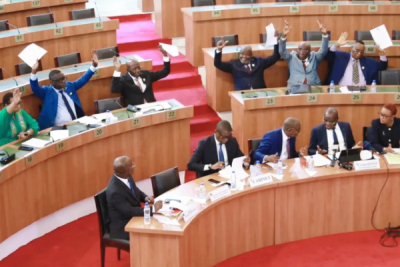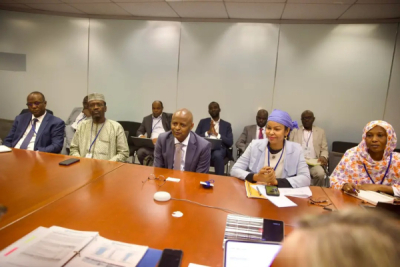CAYSTI teaches coding, robotics, and the fundamentals of artificial intelligence to children. It guides them in the creation and launch of professional digital projects, ensuring their long-term viability.
The Cameroon Youth School Tech Incubator (CAYSTI) is a center for technological innovation and the promotion of Cameroonian technological entrepreneurship. Founded in 2018 by computer scientist Arielle Kitio, who is also its CEO, it aims to develop the technological skills of children aged 6 to 15. Doing will help them become tech innovators and entrepreneurs.
The center designs turnkey educational programs in national languages for schools and governments. The programs teach creative development, tech or scientific innovation, and renewable energies as well as introduce children to coding, robotics, 3D, artificial intelligence, and renewable energies.
It provides auditing and support services for national education systems to better prepare the next generation for the digital revolution by combining cultural identity, problem-solving, project-based approaches, and gamification.
CAYSTI also designs and popularizes smart, collaborative, and intuitive digital tools to facilitate egalitarian access to quality and creative STEM content.
To this end, it has developed projects such as abcCode, a playful and intuitive coding environment that develops creativity and easily introduces children to creative programming. It also developed CAYSTI Edu Kit, a stand-alone 4-in-1 kit that enables learners to intuitively master project design and computer coding without the need for an Internet connection.
Also, with its partners Orange, IBM, Developers Institute, and the Ministry of Posts and Telecommunications, among others, it has launched tailor-made courses and developed international hackathons to expand and consolidate a worldwide community of creative minds.
It also organizes bootcamps, such as the CAYSTI Champion Camp, which rewarded three young champions from 3rd to 4th grade in 2020. The center has already trained and empowered over 28,000 children, 60% being girls. It has also trained over 500 teachers and signed partnerships with more than 24 schools.
Melchior Koba



















